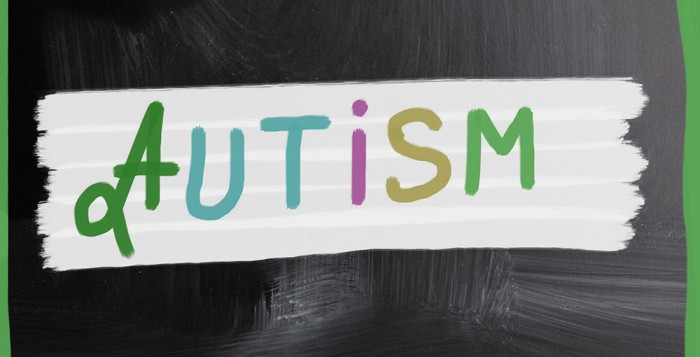ODP held a quarterly provider forum to discuss Performance-Based Contracting status. During the meeting, ODP staff reviewed the data regarding provider submissions to date, common errors, and the top 10 unmet measures among the 2024 provider submissions.
Additionally, technical assistance areas were discussed and a guide was provided for using the Incident Management overview dashboard to assess performance-based measurement data.
A total of 36 residential providers submitted their applications in August: 15 Primary, 6 Select, and 15 Clinically Enhanced. These tier submissions have all been scored, and the results will be emailed to those providers in November. The communication will include a list of measures that the provider did not meet and instructions for the data submission resolution process available if a provider believes ODP made an error in evaluating provider performance. These tier assignments will be in effect from 1/1/2025 to 6/30/2026.
For providers who will be submitting their data in February, ODP will update the tools and guidance to reflect review period timeframe. Measures will not change between August and February/March and additional communications and reminders will be sent closer to February. ODP has a web page dedicated to assisting providers through this process.

















